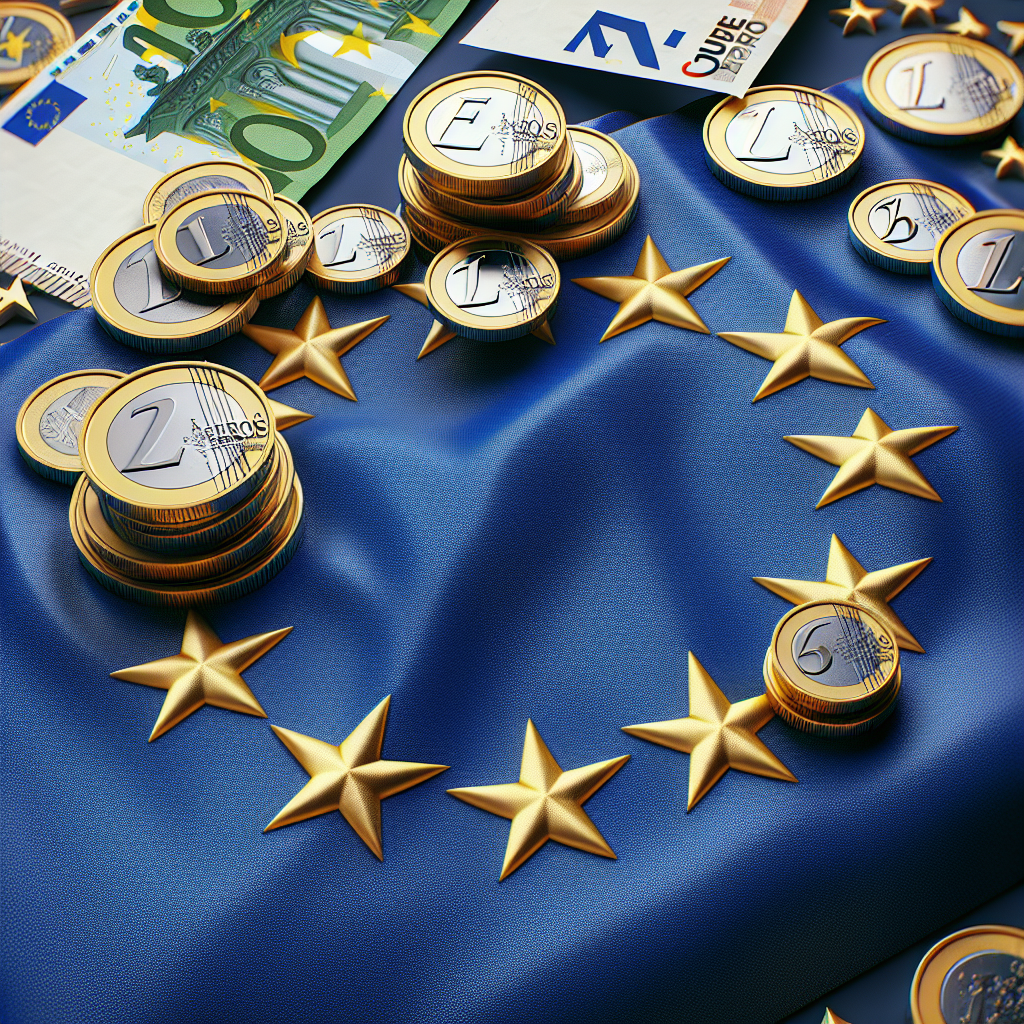
While several of the major agreements have been negotiated in place, collective bargaining between a number of employers’ organisations and unions continunes. Already, trends can be deduced from the agreements, which include, among other things, wage increases, increases in the contribution to the free choice account and earmarked parental leave.
Industry sectors have traditionally been the area where the social partners first reached an agreement on employment terms, and the result of the negotiationsin the industrial arena has therefore often had a disruptive effect on the remaining collective bargaining system. This has certainly been the case in 2020, where more than 600.000 employees terms and conditions in the private labour market have been be negotiated in addition to some major agreements.
On February 9 2020, Danish Industry and CO Industry agreed on a three-year renewal of the Industry Agreements, which covers 230,000 employees in industry. Since then, Dansk Industri and 3F Transport have also reached an agreement to renew the agreements in the transport area, which applies to 40,000 truck drivers, storage workers and port workers, In addition to this an agreement was signed between HK Handel and Dansk Erhverv on 25 February 2020 comprising 150,000 store employees.
Among the main points of these agreements are, salary increases and an increase in the contribution to the free choice account, which is an account with the employer that the employee has at his / her own disposal. The employee can thus decide whether the funds in the free choice account should be used for holidays, vacation days, pension payments, financing of extra childcare days or senior freedom. In the above three agreements, the free-choice account payment is increased by one percent per year, so that in 2023 the free-choice account payment is seven percent of salary.
Another main point of the three agreements is the extension of the period in which the employer pays full salary during parental leave which has increased from 13 to 16 weeks and which must be taken within 52 weeks after birth. Eight of the weeks are earmarked for the father and 5 of the weeks are earmarked for the mother. The remaining 3 weeks’ leave is granted to either parent. If the leave reserved for the individual parent is not taken, the payment will lapse.
The collective agreements and agreements entered into in the private labour market often have an impact on organisations without agreements, particularly in relation to pay and freedom and rights in parental leave. This is due, among other things for the need for organisations to be competitive in relation to terms and conditions in both contracts and policies for the retention and recruitment of employees. Mette Klingsten Law Firm assists, among other things, with the preparation of staff handbooks and staff policies, including maternity policies. There may be reason to revise its policies in the light of developments in the collective bargaining sphere.



Thanks to the following contributors to the website: Steen Evald (photograph), Stine Heilmann (photograph), Count Pictures (video), Kunde & Co. A/S (design), WeCode A/S (coding)